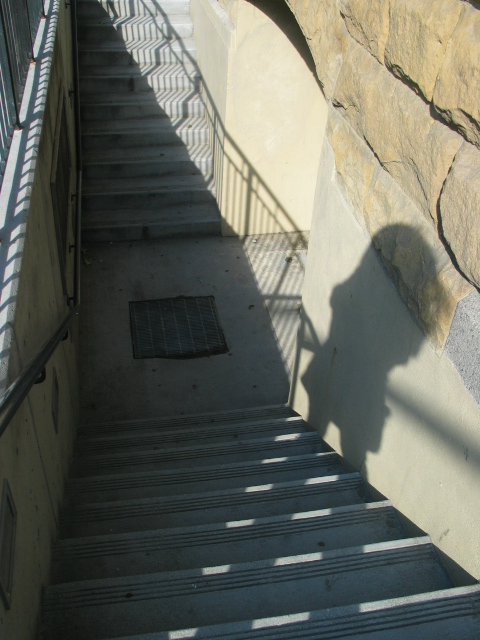What’s missing after moving from farmer market to ebay? That’s my first question. There are people in certain time, under certain circumstance, wishing to reducing the shopping time to zero, e.g. weekly or daily grocery shopping. Yes, time is money. Shipping fee is much less than the value of the time. But there are also people in some mood, don’t treat shopping as a task, but a relax, a desirable activity, a social event: selecting dresses with buddies, bargaining with sellers, listening to sellers talking about their home grow products. Bargain, to me, is very interesting since it’s a face to face marketing, both ends are willing to talk, some came to agreements and made a deal, some compromised, some rejected, and even rejection “saying no” to the seller’s final price is also so different person by person. I always tell my foreign friends in Beijing, to practice Chinese as well as learn about normal people, go to the local market and bargain with the sellers. Both goods and trust are tried to be sold to consumers, after a short time face to face interaction.
Then my questions go to: How to make e-commerce meet people’s desire, other than merely fulfilling the task of transaction? What’s brought by e-commerce to discover people’s new desire?
Say, guessing the best time to book the airplane tickets after looking into the dynamic statistics graph , or getting the feeling of reassuring themselves after seemingly knowing more data before making a decision ( naked data seems more powerful than traditional advertisement to persuade a decision)
Yes, that’s the experience after e-commerce is invented, after getting people actually use e-commerce, after everything is being digitalized. The amazing part is those fun experience are not in physical market.
How about they borrow some experience from each other? e.g. e-commerce involve social factors into online shopping experience while physical market in the corner of the street actually gave people access to digital data or other digital experience?
So above is all about consumer end, how about the sellers? Like what Adam mentioned, “the art of buying a commodity where it is cheap and selling it where it is expensive.” So what digital tools brought to sellers to get what they want? An example came into my mind: Fishermen in a place in India using mobile phone to get where the fish is in demand oversupplied, so they actually could know where they should go to sell those fish in that particular day, or even a particular hour. But before adopting cellphone and using them to call other places, they just stick to the place close to their home, if too oversupplied to one place, they may just guess and move. sometimes, the second place is also already full. Because fish market is very time sensitive, they can’t afford searching and moving to several places within such a short time when fish is fresh, so they end up with not being able to sell out all the goods. (http://www.economist.com/finance/displaystory.cfm?story_id=9149142)


No comments:
Post a Comment